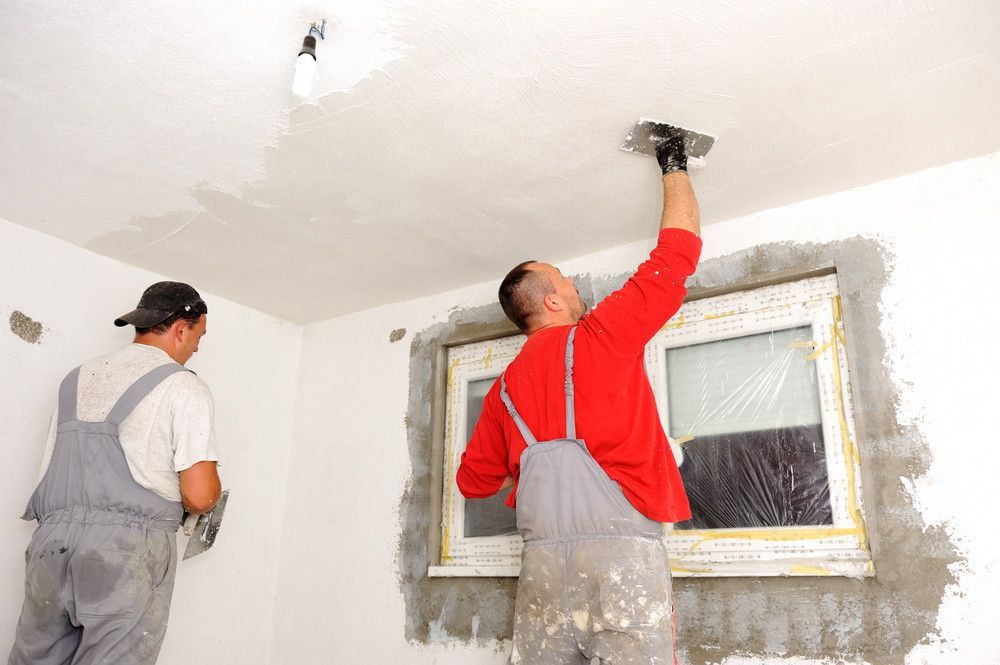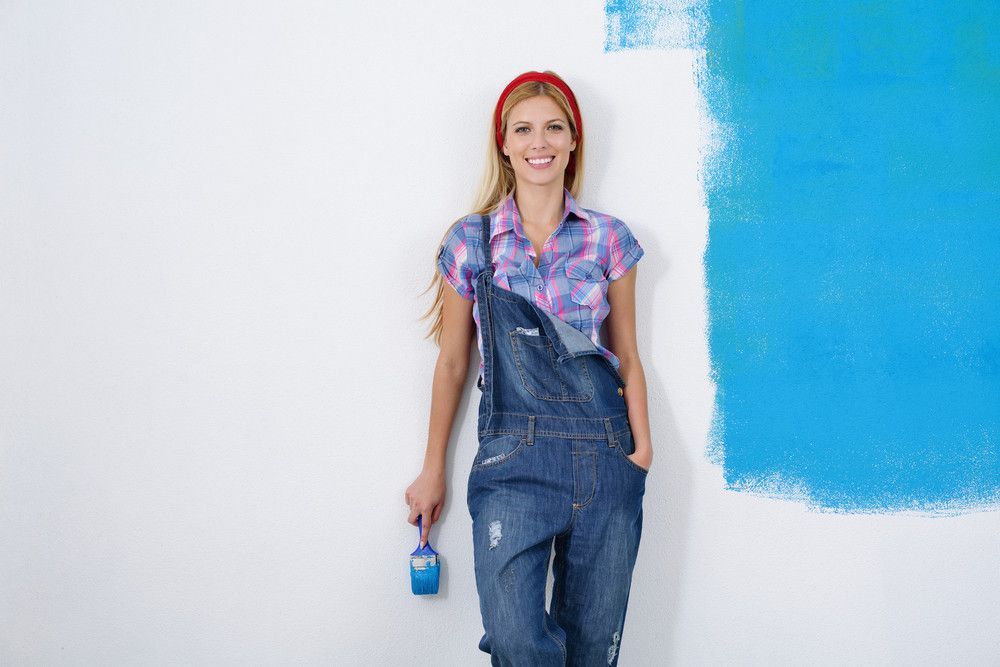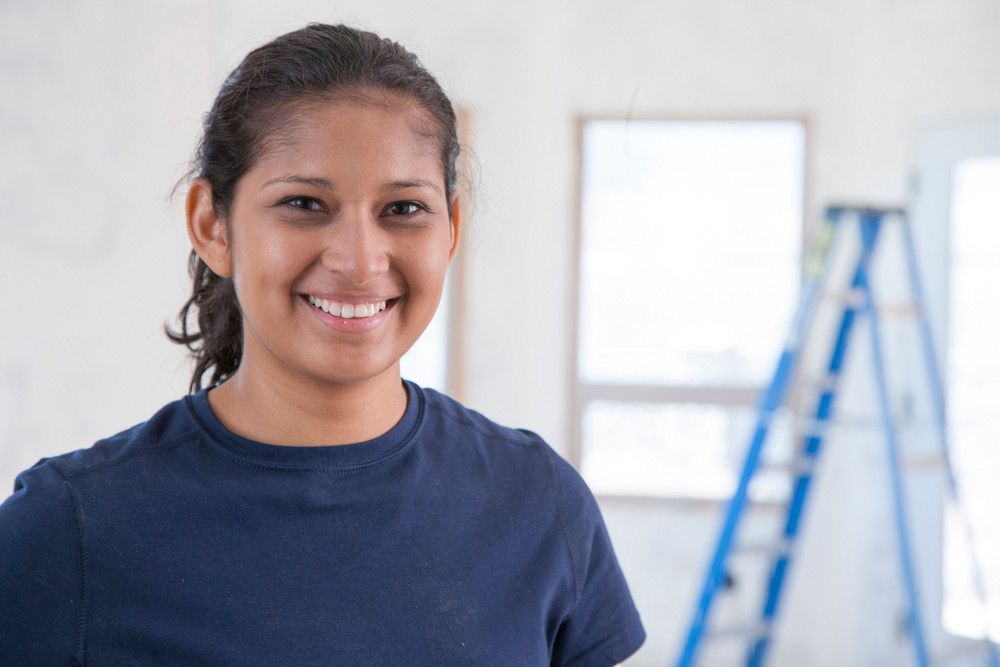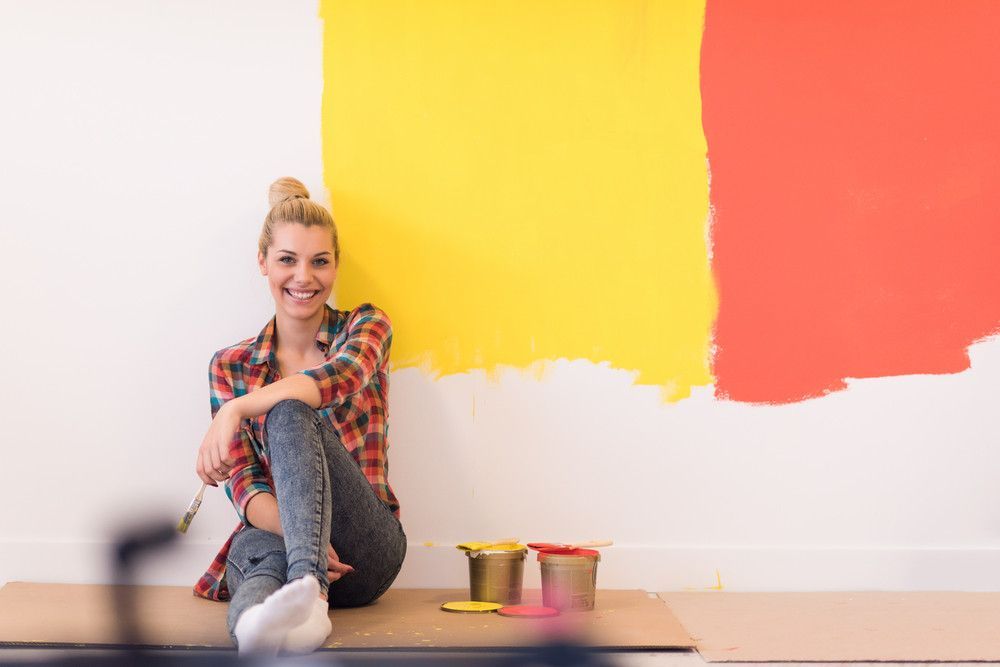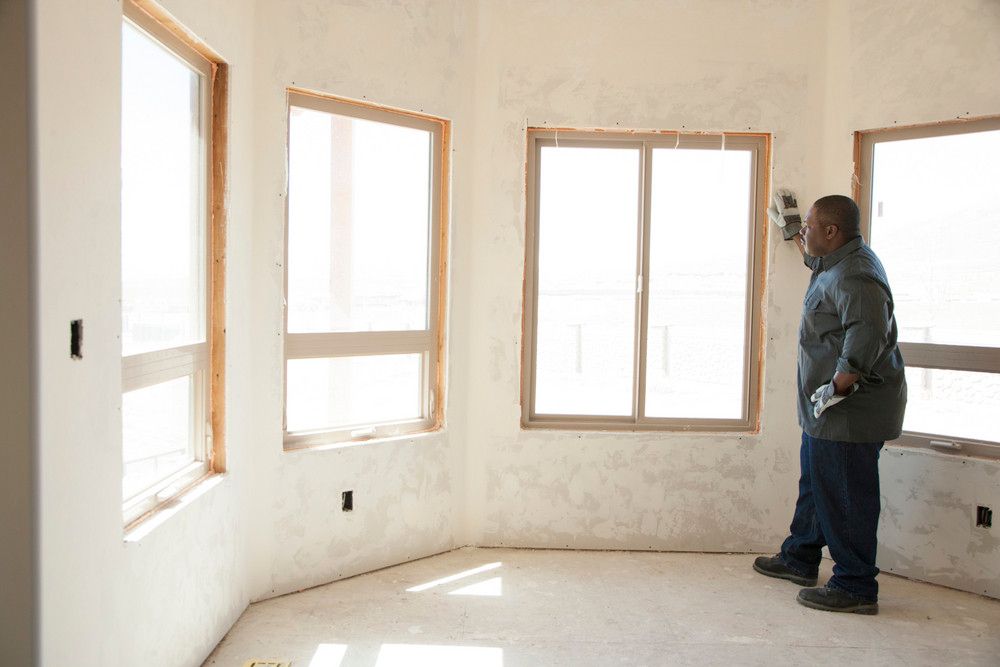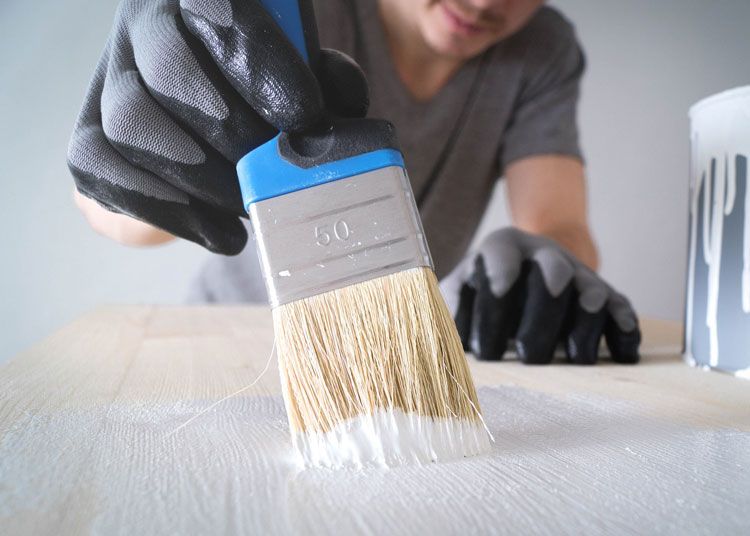What Professional Drywall Installers Understand About Humidity
Drywall is one of the most commonly used construction materials. The reason why drywall is so popular is that it's cost-effective and versatile. Although there are many advantages to using drywall, it's important to work with a competent drywall installer that knows how to account for humidity. Here's what the best professional drywall installers understand about humidity.
What's the Best Level Of Humidity In Drywall?
According to experts, the level of humidity varies from home to home and usually goes up to 50%, so the moisture levels in drywall won't be the same for each home. While relative humidity sometimes affects moisture levels, the acceptable and appropriate moisture level for drywall is a moisture content of between 5 and 12%. The truth is that drywall is bound to have some moisture because of varying humidity levels, which in turn, depends on your environment and the way your home is structured. So drywall installers understand that the focus is not on whether the drywall is dry but on whether it has the acceptable moisture content level of 5-12%.
Drywall Installers Understand the Effects of High Levels of Humidity
It's normal for drywall structures to absorb moisture due to external factors. However, professional drywall installers understand that too much moisture can cause dampness which causes problems for you. When drywall becomes too damp, it weakens considerably and can no longer be salvageable. In addition, drywall that's damp encourages the growth of mold, which not only affects the aesthetics of your home but comes with serious health concerns. Hiring mold remediation services also means more expensive costs that you have to deal with. The good news is that professional drywall installers understand the levels of moisture that your drywall can tolerate, and they make sure to check those levels accurately.
Accounting for Humidity During Installation
When installing drywall, the most common mistake inexperienced drywall installers make is that they fail to account for humidity. It's important for drywall to be installed under the right conditions to ensure a longer lifespan and durability after the final coat is applied. Otherwise, high humidity levels mean that it will take longer to apply the coat due to slow evaporation.
In a nutshell, professional drywall installers should account for humidity during the installation process. Understanding how humidity affects drywall is the key to minimizing damages during the drying process and ensuring timely completion of the project. Our experienced drywall installers understand the ideal conditions for quality drywall installation, so contact us today.
Share:
Search:
Recent Posts

